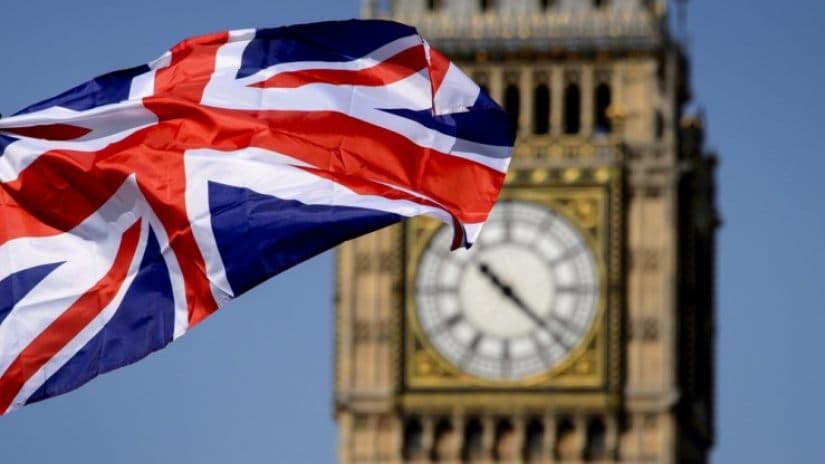UK Embassy in Tbilisi: Russia sanctioned for global hybrid attacks, including past cyber assault on Georgia

The Embassy also highlighted the importance of cyber cooperation between the UK and Georgia in response to such threats. However, it expressed concern that “Georgian Dream has moved away from Euro-Atlantic co-operation"
Author
Front News Georgia
The UK, in coordination with the EU, NATO, and a broad international coalition, has sanctioned 25 Russian entities and individuals for what it describes as “irresponsible, destructive and destabilising” hybrid operations across Europe and beyond, the British Embassy in Tbilisi announced on Friday.
The Embassy said the sanctions had targeted four entities and 21 operatives associated with Russian military intelligence (GRU), citing their involvement in cyberattacks, disinformation campaigns, and intelligence operations against the UK, Ukraine, Georgia, and allied nations.
According to the UK Embassy in Tbilisi, one sanctioned GRU unit carried out online reconnaissance in 2022 to support Russian missile strikes on the Ukrainian city of Mariupol. This included intelligence gathering for the strike on the Mariupol Theatre, where hundreds of civilians - many of them children - were killed.
The UK Embassy also revealed sanctions against three leaders of the so-called Africa Initiative, a Kremlin-backed disinformation platform employing Russian intelligence officers to carry out operations in West Africa. The Embassy said the initiative sought to undermine global health campaigns by promoting conspiracy theories that served the Kremlin’s geopolitical aims.
“The activity exposed is another demonstration of how hybrid activity – including through cyberspace and disinformation – is a tool in Russia’s ongoing campaign to destabilise Europe,” the Embassy said.
As part of its statement, the British Embassy recalled that Georgia itself had been a direct victim of Russian cyber warfare. It cited the October 2019 cyberattack on Georgian institutions, which the UK Government publicly attributed to the GRU in February 2020. According to the UK Embassy, the attack aimed “to undermine Georgia’s sovereignty, sow discord, and disrupt the lives of ordinary Georgian citizens.”
“The UK remains unwavering in its support for Georgia’s sovereignty and territorial integrity,” the UK Embassy in Tbilisi said.
The Embassy also highlighted the importance of cyber cooperation between the UK and Georgia in response to such threats. However, it expressed concern that “Georgian Dream has moved away from Euro-Atlantic co-operation,” despite what it described as the continuing threat posed by Russia, including in cyberspace.
Tags:
UK Embassy Tbilisi




